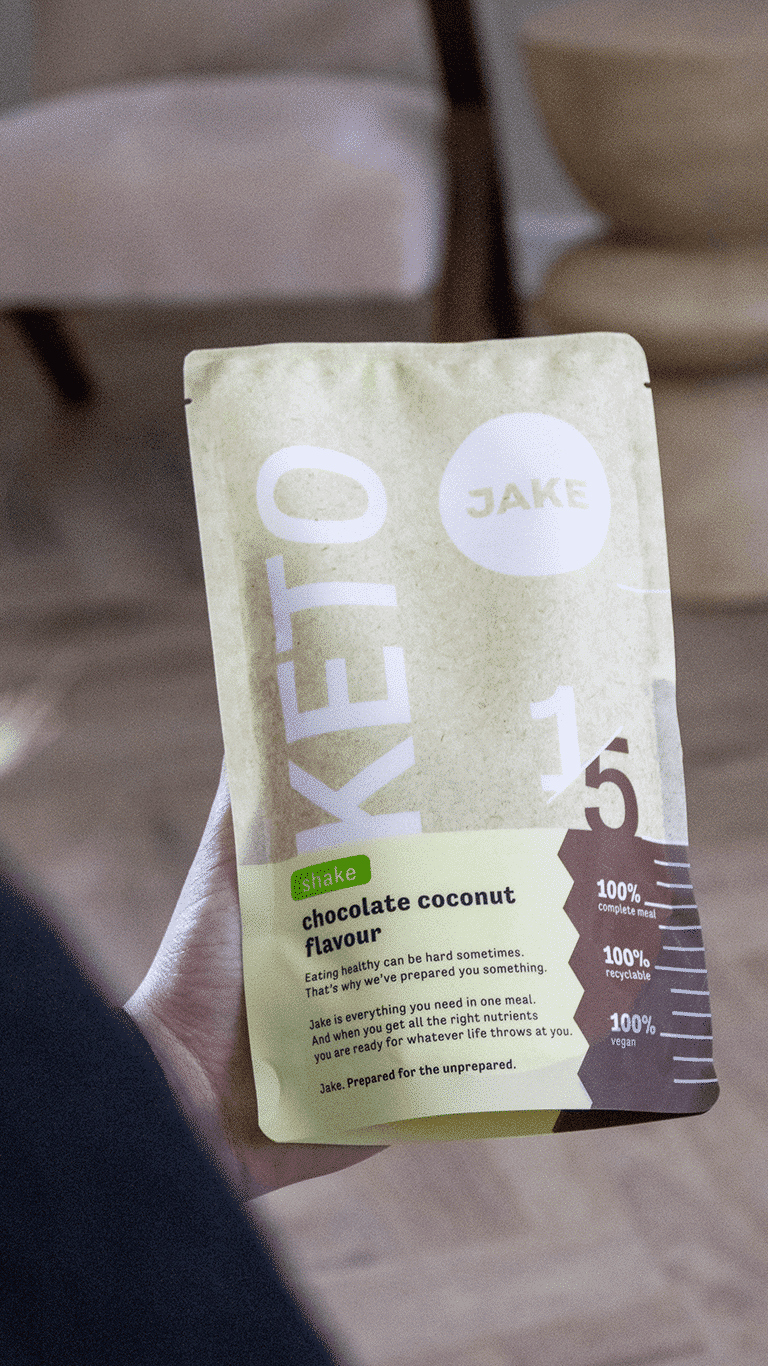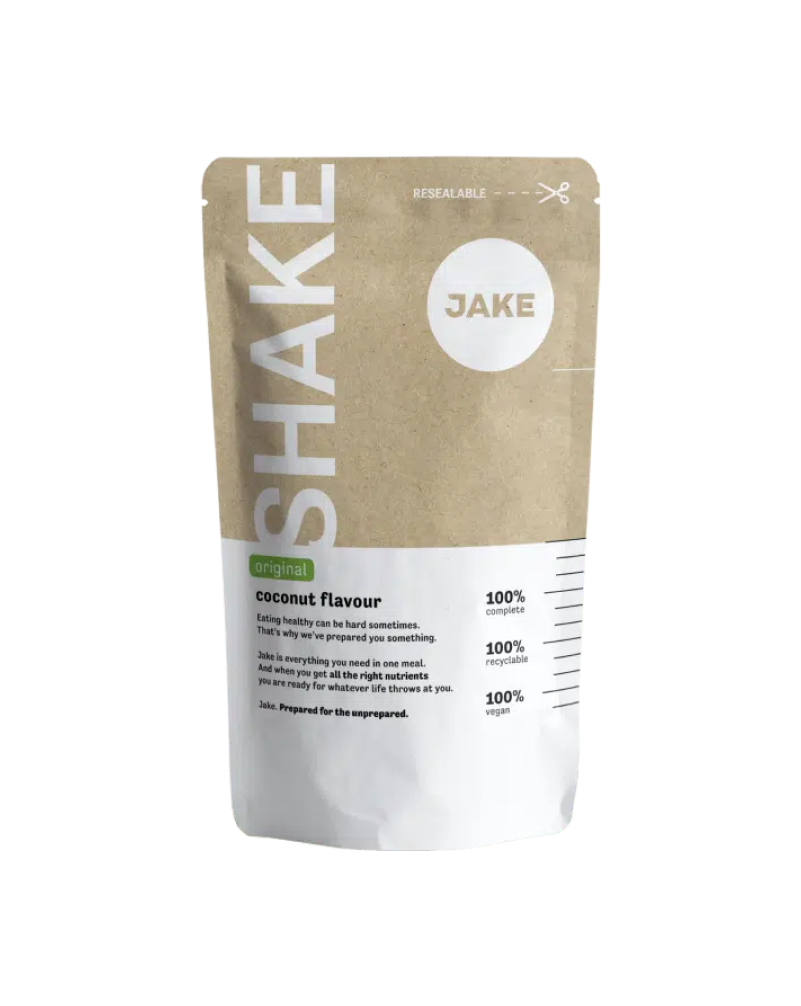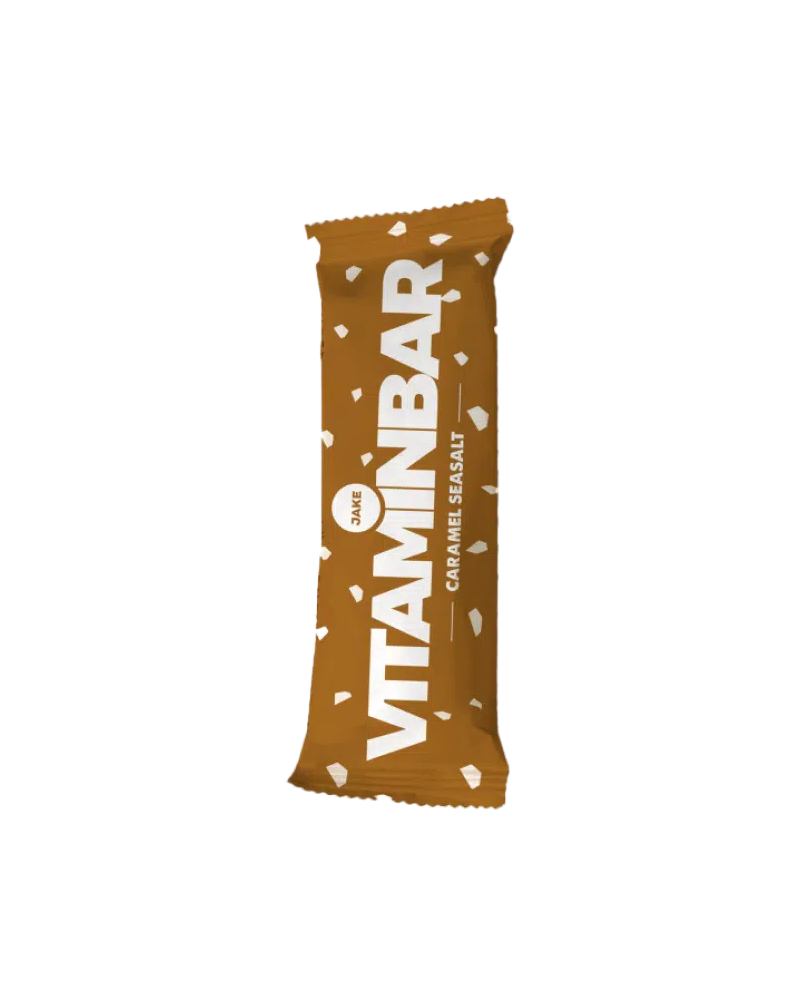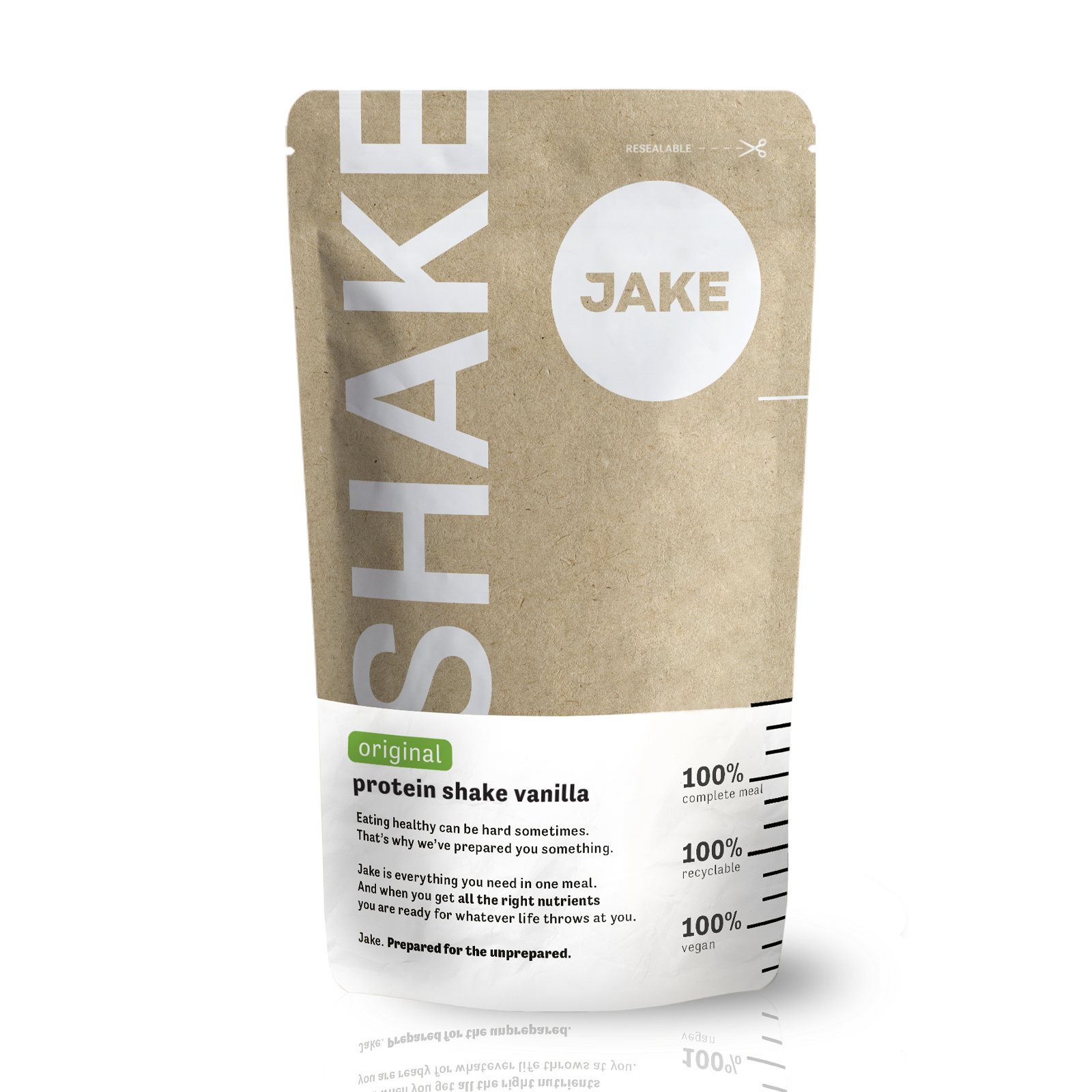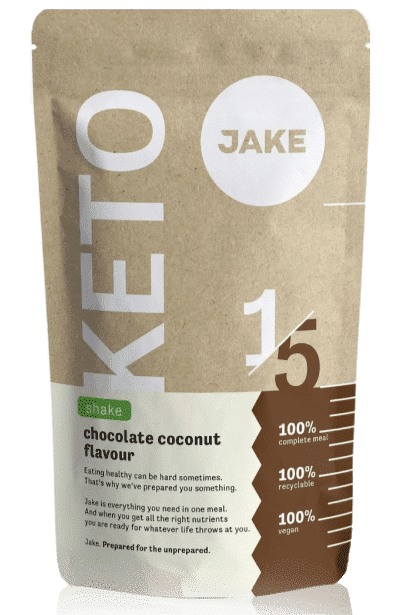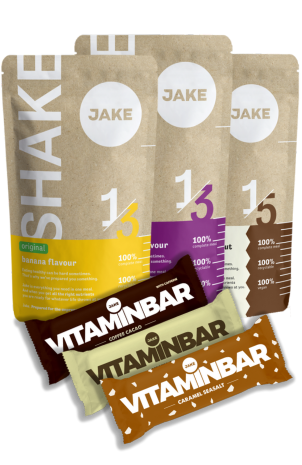5 must knows before starting a keto diet
A keto diet (ketogenic diet), you’ve probably seen it a few times or perhaps even tried one yourself. This extreme carbohydrate diet is rising in popularity rapidly. And not for bad reason, the diet is a very effective one. However… it is not an easy diet to stick to and we’ve noticed that the keto diet raises a lot of questions. It seems about time to set things straight and list the 5 must knows about the keto diet.
What is a keto diet?
But before we do so, we will quickly run by the definition of a ketogenic diet. During a keto diet your goal is to digest as few carbohydrates as possible, to a maximum extent of 50 grams per day – so almost none. Your energy intake during this diet mainly consists of protein and fats. When you stop giving your body carbohydrates, you will eventually stop producing glucose: glucose would normally be ‘the’ energy source. So when your body stops using glucose as its fuel, it will automatically switch to burning fats instead. Your body will create ketones from the process of burning fats, that can very well substitute as fuel. This is what we call ketosis, a bodily state you can reach by not digesting carbohydrates and switching to fats as a fuel source. Now that we’re all up to date on ketogenic terms and diets, we will dive deeper in to the 5 must knows before starting a keto diet.
1. A keto diet goes beyond losing weight
Despite a lot of people utilising the diet for weight-loss purposes (which it’s really good for), it is not the only application. You can use the diet for a better balance of energy in your body. Scientific research has proven that a keto diet stimulates a more equal distribution of energy throughout the day. As a result you will experience less energy drops and feel less fatigue. The keto diet also has medical benefit, for example people with epilepsy can use the diet and its energy distribution to suffer less from the diseases’ attacks.
2. Know (exactly) what you digest
When starting a keto diet you immediately stumble upon the fact that carbohydrates are in everything. At least a lot of products that we consume from day to day. What a lot of people tend to forget is the amount of carbs in vegetables: potatoes, corn, carrots, onions and pumpkins are alle examples of veggies you’re better off skipping during your keto diet. Most meat products are safe to eat, but we recommend checking the packaging for any added substances that carry carbohydrates.
Want to make sure your meal is ketogenic, without too much struggle? At Jake we’ve developed a keto meal shake with less than 6 grams carbohydrates per meal, combined with all the essential vitamins and minerals your body needs. Try the Keto shake.
3. Cheat days are banned
Most diets won’t stress too much about cheat days, but this one hits different. We can be rather short about this: don’t cheat. In order to reach full ketosis and to start burning fats fulltime, your body needs 4 to 7 days of extreme carb cut offs. As soon as you eat carbs in between, your body will exit its ketosis state and you get to start all over again – not great.
4. Be prepared for your body’s reaction
Because of your body transitioning to a completely new ‘combustion system’, expect a kick back. You might even have to deal with the so called ‘keto-flu’ with phenomena like headaches and weariness. Fortunately these phenomena only make their appearance in the start of your diet, with some people not experiencing any at all. Make sure you drink enough water during your diet, at least 2 to 3 liters per day. This will reduce your chance of keto-flu and also reduces any symptoms if you have any.
5. Get your percentages right
A lot of people think they’re following a keto diet, but still digest way too many carbohydrates, which prevents their body from activating the ketosis state. It is therefore crucial to know the exact nutrients you serve your body. The right ratio to reach ketosis is: 75% of your nutrition should be fats, 20% should be protein and 5% should be carbs. You will only go in to ketosis when you stick to these ratios for a longer amount of time. To make sure your body is in ketosis you can do a check using a blood test, but also with the help of a urine sample. The last option can be done at home with the use of special urine strips.
Do you want to try a keto diet or do you have any remaining questions? Let us know! Are you looking for an easier way to make sure your meal is keto? Our keto meal shakes contain less than 6 gram of carbs per meal, combined with all the essential vitamins & minerals – and they’re pretty tasty too! Want to have a go? Click here!
